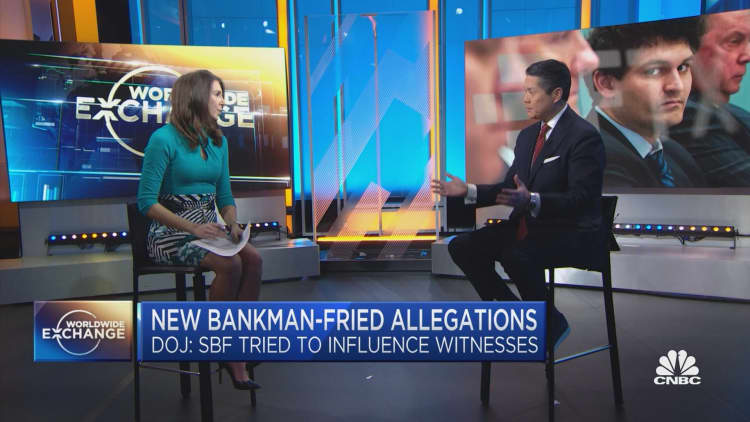Just before FTX collapsed in November, one of its outside lawyers at the law firm Sullivan & Cromwell emailed a colleague at another firm, insisting that the cryptocurrency exchange’s finances were stable.
Rumors of FTX’s demise were “silliness,” the lawyer, Andrew Dietderich, wrote. “FTX is rock solid, doesn’t use customer funds or take credit risk at all,” he said.
Four days later, FTX filed for bankruptcy. Mr. Dietderich quickly arranged for Sam Bankman-Fried, the exchange’s founder, to step down so that a new chief executive, John Jay Ray III, a specialist in corporate turnarounds, could lead the company. When Mr. Ray needed lawyers to manage the bankruptcy, a lucrative assignment, he asked a judge to appoint the same ones who had helped get him the job: Sullivan & Cromwell.
Now, with Mr. Bankman-Fried set to go on trial next month on fraud charges stemming from FTX’s failure, Sullivan & Cromwell’s tangled history with the exchange is drawing scrutiny — especially from Mr. Bankman-Fried’s lawyers and family.
For months, Mr. Bankman-Fried has attacked Sullivan & Cromwell in court papers and on social media, arguing that the firm’s lawyers set him up as the fall guy for FTX’s implosion while downplaying their



